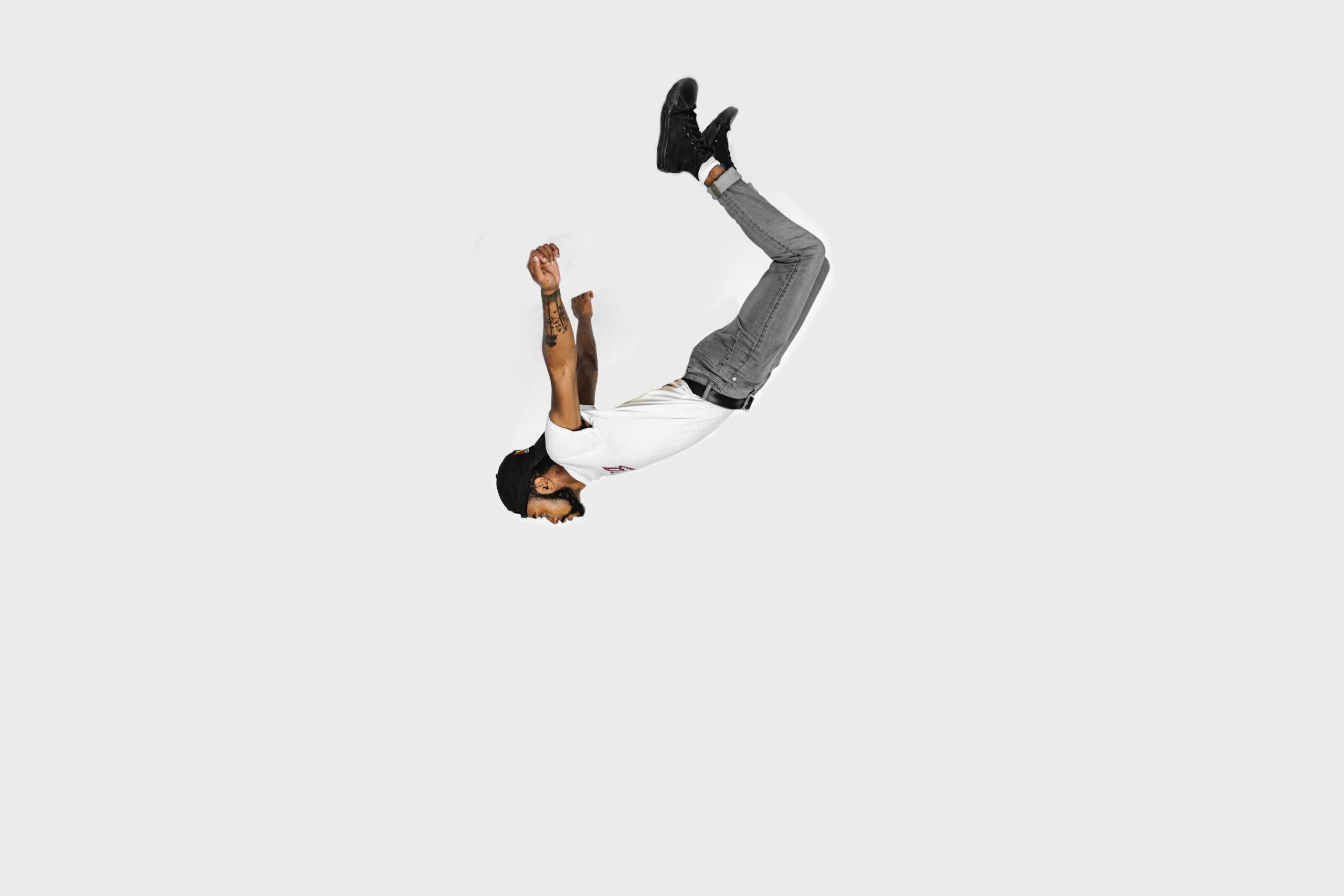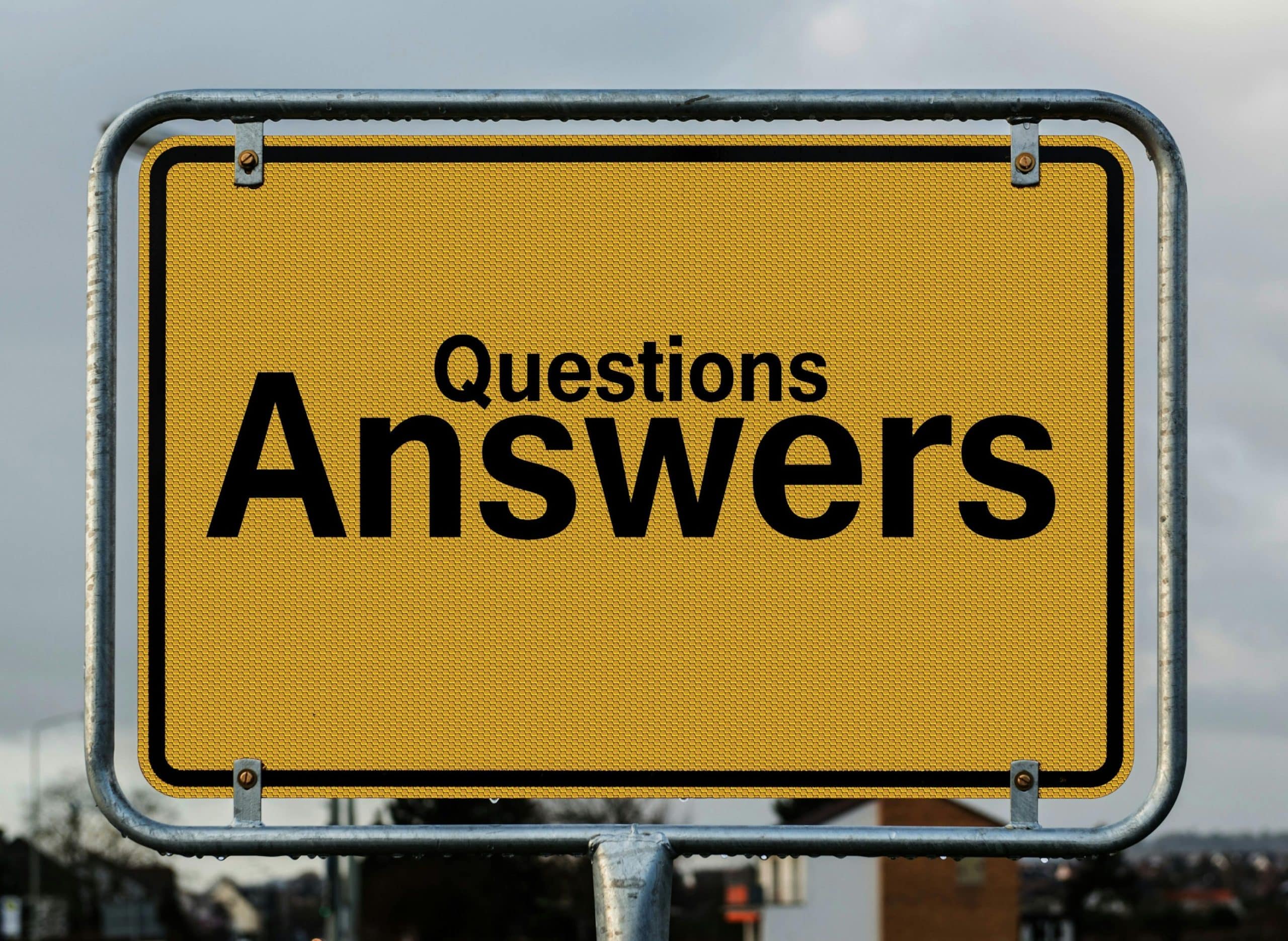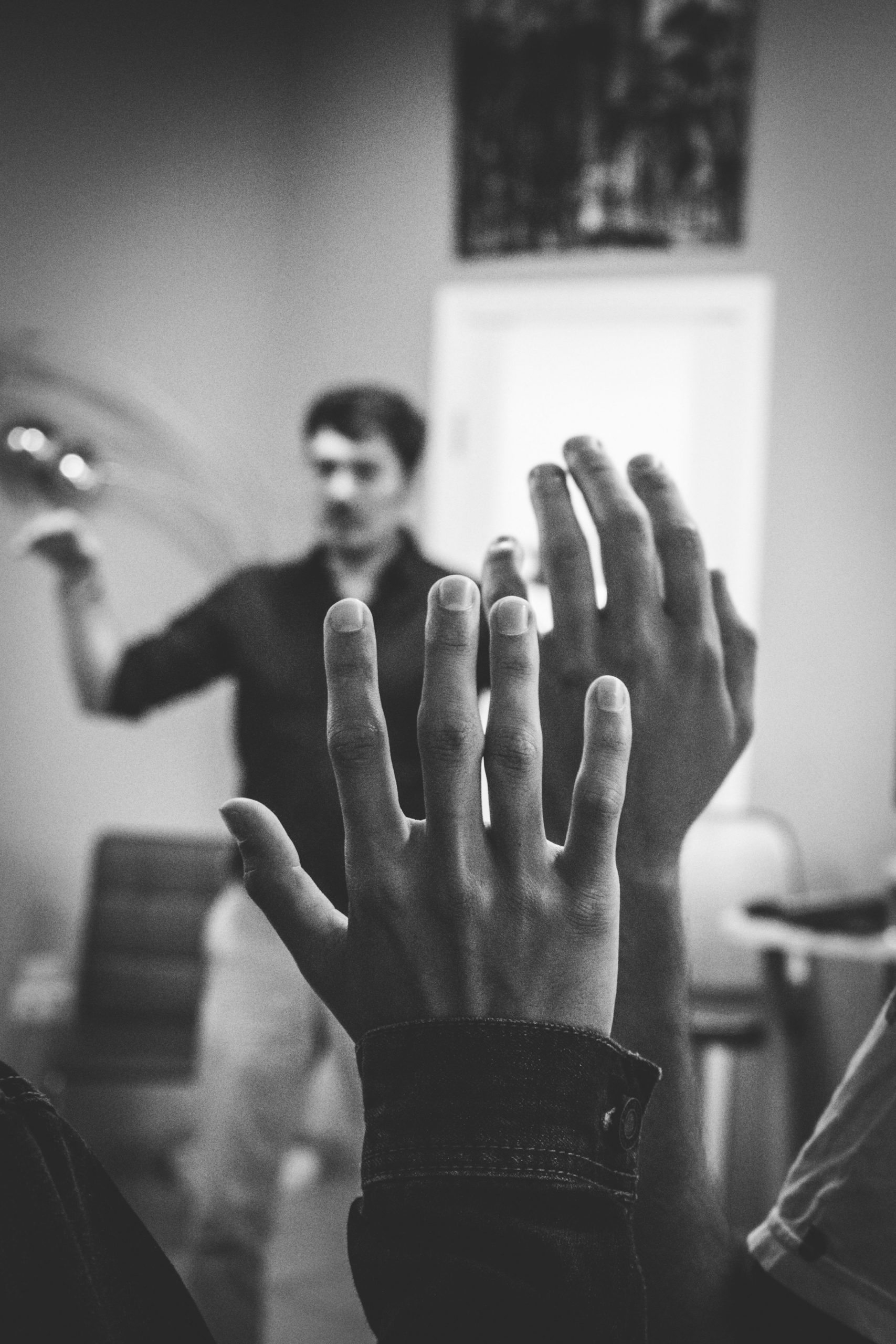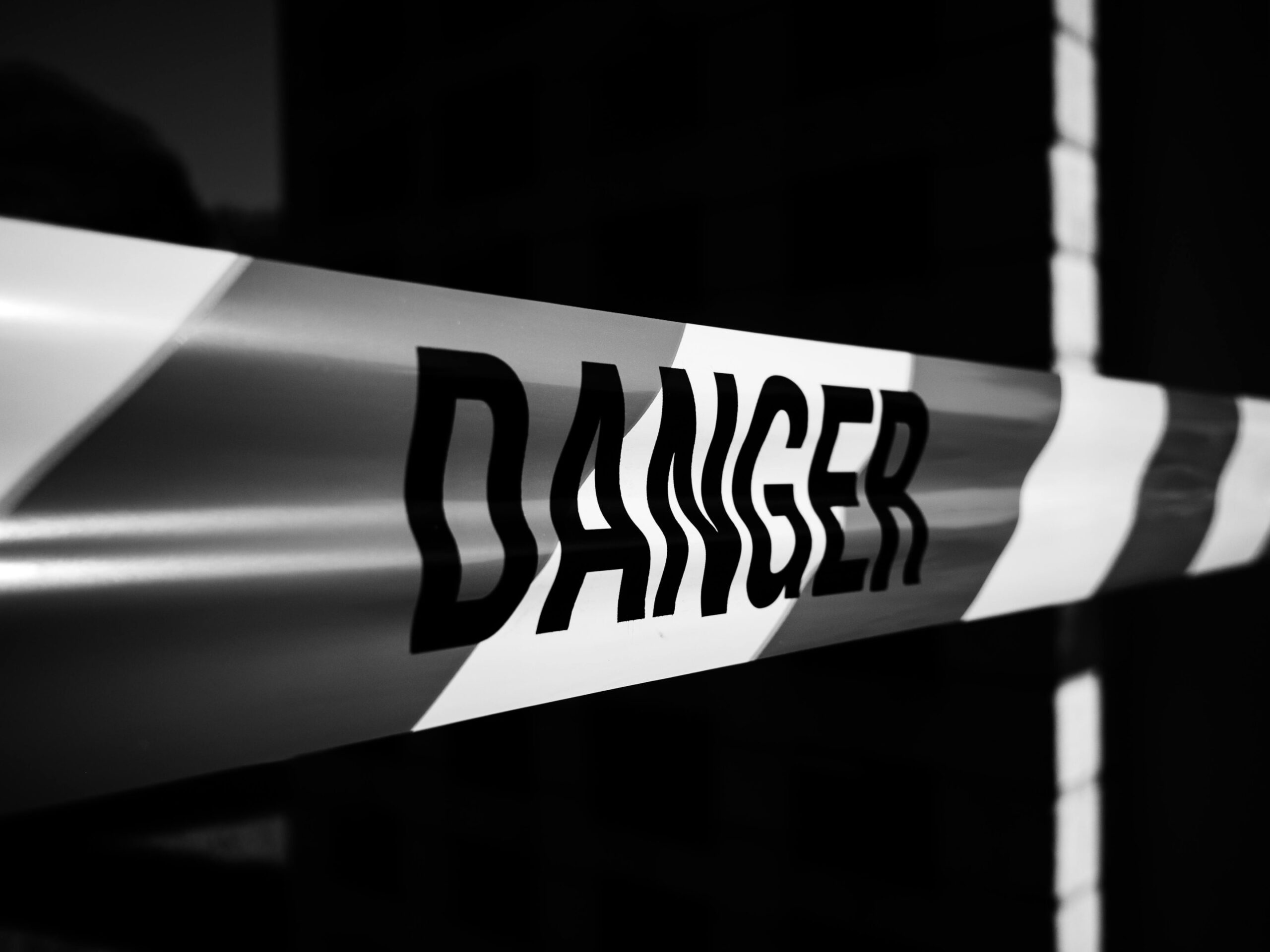
When you’re out for a walk, the last thing you expect is to end up injured due to an uneven sidewalk. Unfortunately, trip and fall accidents on public sidewalks are common and can lead to serious injuries. If you or a loved one has suffered a trip and fall on an uneven sidewalk in Nevada, it’s important to understand your legal rights and options.
One of the biggest reasons why personal injury cases get ignored or poorly compensated is because victims don’t understand personal injury law. There are proper laws whether you get injured on a public sidewalk or a private properties.
Additionally, several lawyers, such as ours, provide free case evaluation, increasing your chances of getting a good payout.
Let’s discuss the necessary steps to take after such an incident, the legal process involved, and how a personal injury attorney can help you seek the compensation you deserve. If you’re looking for help with legal action with a law firm, this guide has it all.
Understanding the Causes of Sidewalk Falls
Taking action against sidewalk falls in a timely manner is a must for slip and fall accidents. However, knowing it’s cause can change the outcome of a case. Sidewalk falls can occur for various reasons, but one of the most common causes is uneven sidewalks. Factors contributing to uneven sidewalks in most cases include:
Tree Roots:
Roots from nearby trees can push up against the sidewalk, causing cracks and uneven surfaces.
Weather Conditions:
Freezing and thawing cycles can expand and contract the pavement, leading to irregularities.
Poor Construction:
Subpar construction techniques or materials can cause sidewalks to become uneven over time.
Lack of Maintenance:
Neglecting regular sidewalk maintenance can result in wear and tear that leads to uneven surfaces.
The attorneys may provide different recommendations, depending on how the victim fell during the accident. Therefore, pedestrians or the walking parties should consult with a lawyer before going for a lawsuit.
Common Injuries from Sidewalk Falls
Falling on an uneven sidewalk can cause various injuries, ranging from minor to severe:
Broken Bones:
Falls often result in fractures, especially in the wrists, arms, and hips.
Head Injuries:
Head trauma and brain injuries can occur if you hit your head during the fall, leading to concussions or more severe brain injuries.
Soft Tissue Damage:
Sprains, strains, and bruises are common soft tissue injuries from falls.
Scrapes and Cuts:
Abrasions and lacerations can occur from the rough surface of the sidewalk.
Back and Neck Injuries:
Falls can also result in spinal injuries, causing long-term pain and discomfort.
Who is Liable for a Sidewalk Injury?
Determining liability for a trip and fall on an uneven sidewalk can be complex. Various parties may be held liable, including:
Property Owners: If the sidewalk is adjacent to private property, the property owner may be responsible for its maintenance and any resulting injuries.
Local Governments: Public sidewalks are typically maintained by local governments. If a city sidewalk is poorly maintained, the local government could be liable.
Government Entities: In some cases, state or federal government entities may be responsible for sidewalk maintenance and can be held accountable for fall injuries.
It’s crucial to identify the responsible party to proceed with a personal injury lawsuit.
Proving Negligence in Sidewalk Fall Cases
To succeed in a personal injury case, you must prove that the responsible party was negligent. This involves demonstrating:
- Duty of Care: The responsible party had a duty to maintain the sidewalk in a safe condition.
- Breach of Duty: The responsible party failed to fulfill this duty, leading to a dangerous condition.
- Causation: The breach of duty directly caused your fall and subsequent injuries.
- Damages: You suffered actual damages, such as medical expenses, lost wages, and pain and suffering.
Gathering evidence, such as photographs of the uneven pavement, witness statements, and medical records, is essential in proving negligence.
When is the City Responsible After Falling on an Uneven Sidewalk?
Cities and local governments have a duty to maintain public sidewalks in a safe condition. However, they are only liable under certain conditions:
- Notice: The city must have been aware or should have reasonably been aware of the dangerous condition.
- Failure to Act: The city must have failed to take timely action to repair or warn about the uneven sidewalk.
- Proving Negligence: You must prove that the city’s negligence directly caused your injury.
Can You Sue for an Uneven Sidewalk?
Yes, you can sue for injuries sustained from an uneven sidewalk. However, the process can vary depending on who is liable:
- Private Property Owners: Suing a private property owner follows standard personal injury lawsuit procedures.
- Government Entities: Suing a government entity involves specific steps and deadlines, such as filing a notice of claim within a specified period.
Whom Can I Sue?
Depending on the circumstances of your fall, you may be able to sue:
- Private Property Owners: If the sidewalk is adjacent to private property and the owner neglected maintenance.
- Local Governments: If the sidewalk is public property and the government failed to address the dangerous condition.
- Contractors: If poor construction practices caused the uneven sidewalk.
How Can You Sue for an Uneven Sidewalk?
Filing a lawsuit involves several steps:
- Seek Medical Attention: Ensure you receive proper medical care and document your injuries.
- Document the Incident: Take photos of the uneven sidewalk, your injuries, and gather witness statements.
- Consult an Attorney: An experienced attorney can help navigate the legal process and determine the responsible party.
- File a Claim: If suing a government entity, file a notice of claim within the required time frame.
- Lawsuit: If the claim is denied or not adequately addressed, file a personal injury lawsuit.
Legal Considerations
When pursuing a lawsuit for a trip and fall on an uneven sidewalk, consider:
- Statute of Limitations: Nevada law imposes deadlines for filing personal injury lawsuits.
- Comparative Negligence: Nevada follows a comparative negligence rule, which may reduce your compensation if you were partially at fault.
- Government Immunity: Suing a government entity involves navigating specific legal protections and limitations.
Why You Need to Sue After a Trip and Fall on an Uneven Sidewalk
Suing after a trip and fall on an uneven sidewalk can provide several benefits:
- Compensation: Recovering medical expenses, lost wages, and other damages.
- Accountability: Holding the responsible party accountable for their negligence.
- Prevention: Encouraging proper sidewalk maintenance to prevent future accidents.
What Damages Can I Recover in an Uneven Sidewalk Accident?
Victims of sidewalk accidents can seek compensation for:
- Medical Expenses: Costs of treatment, rehabilitation, and future medical care.
- Lost Wages: Compensation for time off work due to the injury.
- Pain and Suffering: Compensation for physical pain and emotional distress.
- Loss of Enjoyment: Compensation for loss of enjoyment of life due to the injury.
How an Attorney Can Help You in a Trip and Fall on an Uneven Sidewalk Case
Dealing with the aftermath of a trip and fall accident on an uneven sidewalk can be overwhelming. From medical bills to lost wages, the financial and emotional toll can be significant. Having a skilled personal injury attorney by your side can make all the difference. Here’s how an attorney can assist you in this type of personal injury case:
- Initial Case Evaluation: Attorneys offer a free consultation to assess your case’s viability, advising on the next steps based on the incident details and legal considerations.
- Investigation and Evidence Gathering: They conduct thorough investigations, gathering crucial evidence like photographs, witness statements, medical records, and maintenance logs to support your claim.
- Establishing Liability: Attorneys identify and prove the responsible party, whether property owners or local governments, demonstrating negligence in sidewalk maintenance that led to your injuries.
- Proving Negligence: They build a case showing how the responsible party breached their duty of care, directly causing your injuries and resulting in damages.
- Calculating Damages: Attorneys assess all financial losses, including medical expenses, lost wages, and pain and suffering, ensuring full compensation for current and future costs.
- Negotiating with Insurance Companies: They handle negotiations with insurance adjusters to secure fair compensation, shielding you from low settlement offers and ensuring your rights are protected.
- Filing a Personal Injury Lawsuit: If necessary, attorneys file and manage your lawsuit, guiding you through the legal process and advocating for your interests in court.
- Representation in Court: They represent you effectively in court proceedings, presenting your case, cross-examining witnesses, and compellingly arguing for a favorable judgment.
Pursue Your Legal Claim with BLG
A trip and fall on an uneven sidewalk can lead to serious injuries and significant financial burdens. Understanding the causes of uneven sidewalks, potential injuries, liability, and the legal process is crucial for seeking justice and compensation.
If you’ve been injured due to an uneven sidewalk, consulting with an experienced personal injury attorney can help you navigate the complexities of your case and ensure your rights are protected.
Don’t hesitate to seek a free consultation to discuss your legal options and take the first step toward recovery.
If you’ve suffered a trip and fall on an uneven sidewalk in Nevada, don’t wait to seek the compensation you deserve. Contact BLG and let us fight for your rights. Our experienced attorneys are ready to guide you through the legal process and pursue the compensation you need to recover.
Contact us today for a free consultation.





